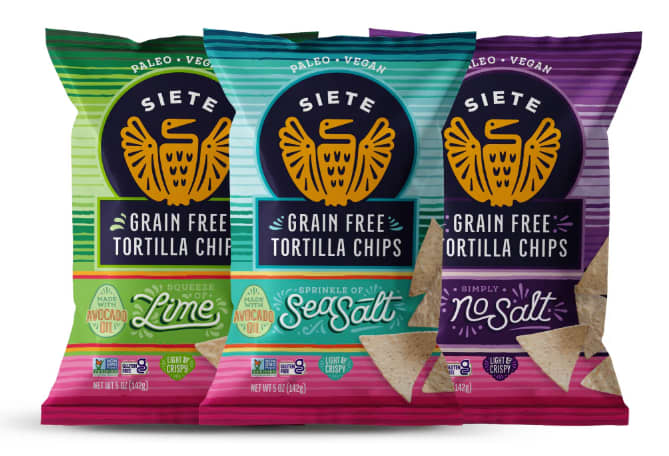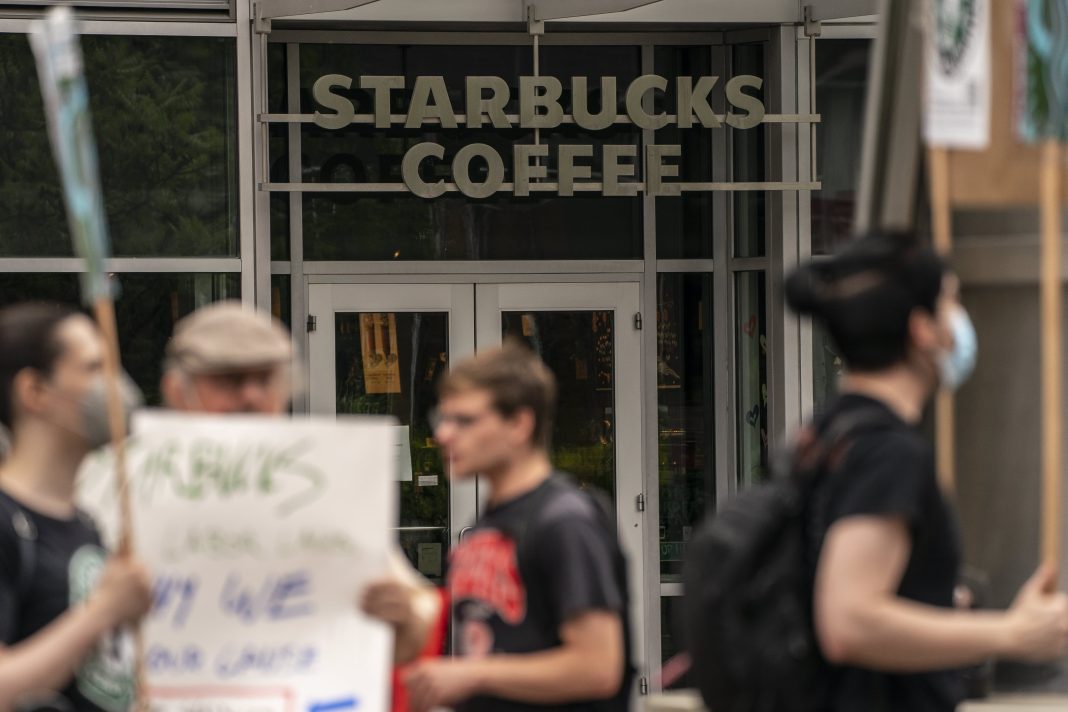In a significant move reflecting evolving consumer preferences, PepsiCo recently announced its acquisition of Siete Foods, a vibrant Mexican American food company, for an impressive $1.2 billion. This deal, which marks PepsiCo’s first food acquisition in nearly five years, underscores a strategic pivot towards healthier, culturally diverse offerings within its expansive product lineup.
Founded in 2014 by Veronica Garza, Siete Foods began its journey with a simple yet revolutionary concept: grain-free tortillas. Since its inception, the company has flourished, branching out into a variety of products, including tortilla chips, taco shells, salsas, and seasonings—many of which cater to specific dietary needs. This growth trajectory has positioned Siete as a household name, with its products readily available at major retailers such as Target, Kroger, Whole Foods, and CVS. According to a 2022 market analysis, the demand for gluten-free and grain-free products has surged, driven by a growing consumer awareness of health and wellness, which likely influenced PepsiCo’s decision to invest in Siete’s innovative portfolio.
PepsiCo’s CEO Ramon Laguarta expressed enthusiasm about the acquisition, stating, “We look forward to expanding our multicultural portfolio with these incredible products and even more consumers discovering and enjoying Siete.” This sentiment reflects a broader trend among food and beverage companies as they strive to diversify their offerings and appeal to a more health-conscious and culturally diverse consumer base.
The timing of this acquisition is also noteworthy within the context of the packaged food industry, which has seen increased deal-making activity in 2023. Companies are actively pursuing mergers and acquisitions to bolster sales amid a backdrop of shifting consumer habits, where shoppers are increasingly selective about their purchases. For instance, in August, Mars, the parent company of M&M’s, announced its intention to acquire Kellanova, the parent company of Pringles, in a deal valued at nearly $36 billion. Similarly, Campbell Soup completed its $2.7 billion acquisition of Sovos Brands, the maker of Rao’s pasta sauce, earlier this year. These moves highlight a strategic response to the challenges of a competitive market and changing consumer preferences.
As the food industry evolves, the focus on healthier, culturally relevant options will likely shape future acquisitions and product development. Not only does this shift cater to the rising demand for nutritious food, but it also acknowledges the importance of cultural representation in the marketplace. The success of companies like Siete Foods demonstrates that there is a substantial market for products that resonate with diverse communities, especially among younger consumers who prioritize authenticity and health in their food choices.
Looking ahead, the acquisition of Siete Foods is expected to close in the first half of 2025, pending regulatory approval. As PepsiCo integrates Siete’s offerings into its portfolio, it will be intriguing to observe how this influences both the company’s sales trajectory and the broader market landscape. This strategic alignment not only reinforces PepsiCo’s commitment to health and wellness but also positions the company to capitalize on the ever-growing demand for diverse and nutritious food options.
In conclusion, PepsiCo’s acquisition of Siete Foods is more than just a financial transaction; it represents a pivotal moment in the food industry where health, culture, and consumer preferences intersect. As we continue to witness shifts in eating habits, it’s clear that companies willing to adapt and innovate will thrive in this dynamic environment.

